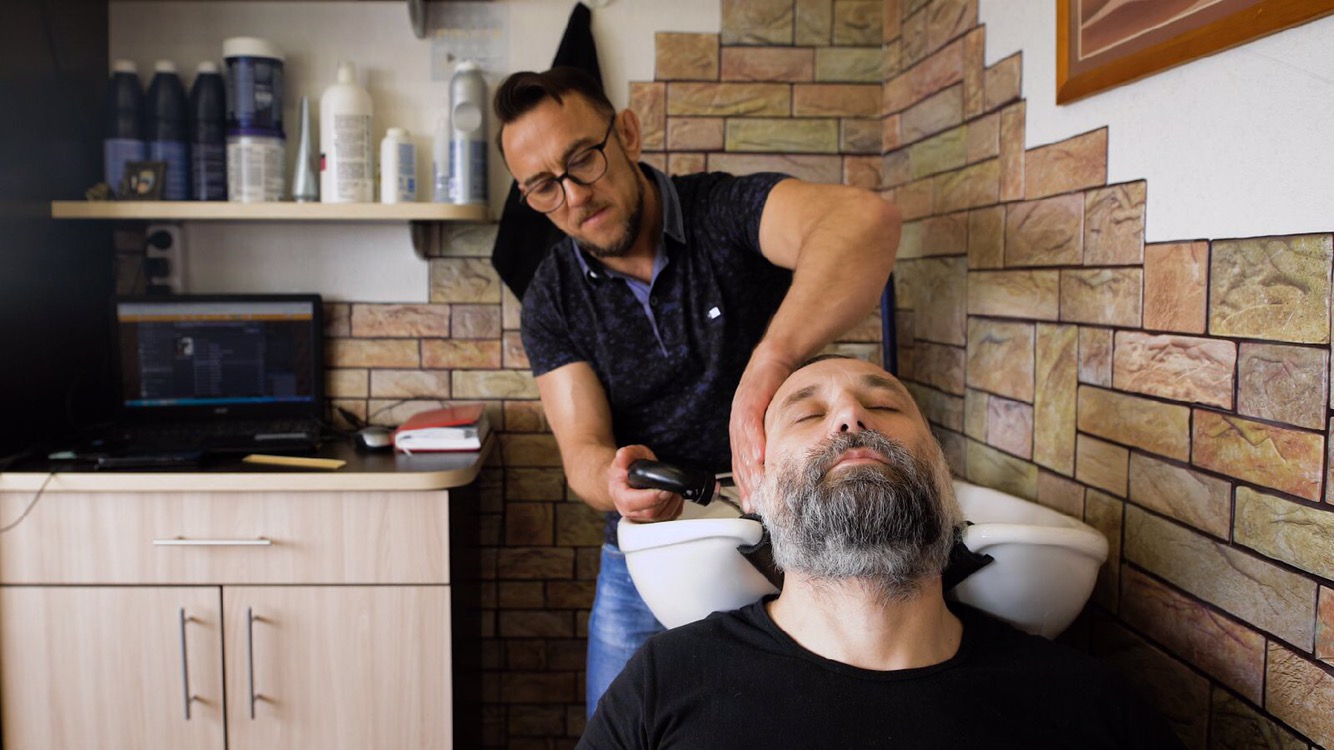
As we enjoy the last weekend of summer this Labor Day, it’s important to remember the contributions that working people have made to strengthen this country. One labor reform that is long overdue and has recently gained traction and bipartisan consensus is occupational licensing.
According to a TFAS study, 73 percent of Americans believe people should be able to work in a non-life threatening industry without a required license from the government.
In a recent article in The Atlantic, Michelle Cottle explains that occupational licenses are essentially “a government permission slip to do certain work.” One could argue that it is reasonable to expect our government to protect consumers from fraud. However, licensing laws are more about established practitioners fending off new competition than they are about consumer protection.
For example, the law in Oklahoma currently requires anyone who does natural hair braiding to complete a staggering 600 hours of study, take both written and practical exams, and pay a fee for the license and application. To put that in perspective, it takes just 154 hours to become a basic emergency medical technician. And Oklahoma is not the only state with these types of onerous restrictions. In Tennessee, hair shampooers must complete 300 hours in the practice and theory of shampooing hair. After which, you must pass written and practical exams and pay a fee of $140.
While many may find the absurdity of these laws humorous, they have serious, real world implications for many middle- and lower-income Americans. The Institute for Justice found that in Arizona, a state with over 60 low- and moderate-income occupational licenses, the average cost for one of the state’s occupational licenses was $455. This presents a significant burden for someone who may already be struggling to make ends meet.
We must do away with the red tape and allow Americans to work in their field of choice – without a permission slip from their government.
And most Americans agree. Our Freedom Index survey, which TFAS commissioned to determine how our country defines freedom, showed that an overwhelming majority of Americans (73 percent) believe that people wishing to work in a non-life threatening industry such as a florist or barber should be able to do so without being required to get a license from the government. In other words, they don’t think that you need a government-issued license to arrange roses. However, under current state laws in Louisiana, you do. The state requires aspiring florists to pay a $75 licensing fee and to pass a test that will run applicants an additional $150 dollars.
Arizona, Florida and Indiana have already begun to reform their own states’ anti-competitive licensing practices. Let us hope that other states take notice and continue to knock down these arbitrary roadblocks for those already struggling to make a living. We must do away with the red tape and allow Americans to work in their field of choice – without a permission slip from their government.

